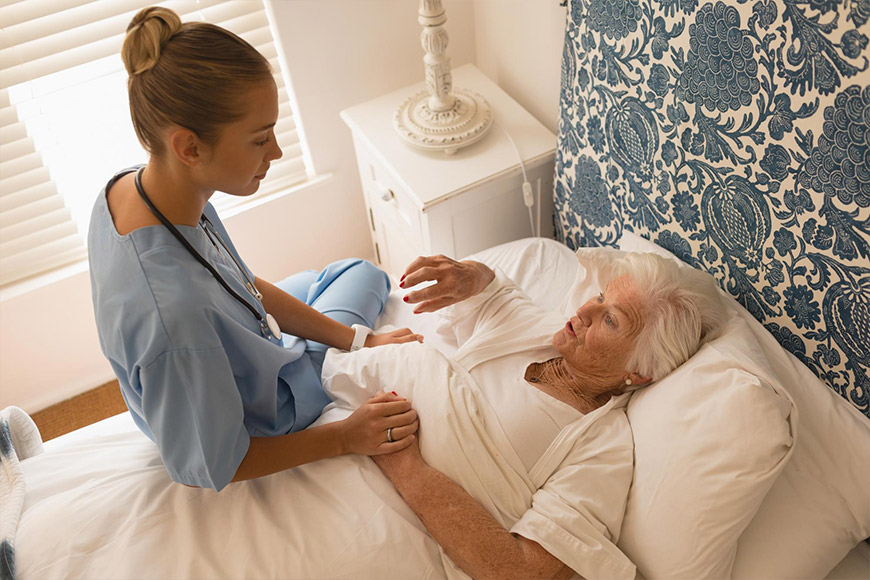
Home treatment
Home treatment, Belgrade. TOP PRICE✓ Specialists at the address✓ Diagnostics, therapy, infusions and injections at home✓ Medical transport for specialized examinations✓
Home treatment
Everyone wants to be completely healthy, in top form, and to perform their daily activities without problems. However, illness in any form is almost impossible to avoid, so one should be prepared when that unfortunate situation occurs.
Almost no one wants to spend their treatment days in a hospital, and it is probably the last place on earth where someone would want to be.
In our country, as well as worldwide, there is the practice of home care.
What exactly does it involve?
There are patients who are bedridden, meaning they are currently immobile. This can occur after surgery and represent postoperative recovery. Similarly, when people have spinal issues, they experience stiffness, making it impossible for them to go to the bathroom, bathe, or attend to basic needs on their own. Additionally, there are elderly and frail individuals who are either poorly mobile or immobile due to their condition and rely on others for assistance.
Home care is practical for many reasons. First of all, the specialist doctor you need will come to your home and perform a professional specialist examination. They will take a medical history, conduct diagnostics, and suggest treatment steps.
Your doctor will regularly monitor the treatment process by visiting you. Besides the doctor, other medical staff such as technicians and nurses also participate in the treatment and recovery process.
What is very important to know is that many diagnostic tests can be performed at your home. For example, you can have blood and urine tests, receive infusions, have a catheter applied, receive injections, and all other therapies...
In addition to all of the above, there is also ambulance transport, which means that specially equipped vehicles come to your location and transport you to a hospital only to perform tests that cannot be done at home. Examples include MRI, CT scans, X-rays...
The vehicles are equipped with technology and everything necessary to respond in emergency situations if the patient suddenly worsens during transport. Also, a specialist doctor usually travels with the patient, typically an emergency medicine doctor or anesthesiologist, and doctors from other specialties may also be present.
The vehicles are equipped with EKG machines, resuscitation equipment, oxygen tanks...
For all these reasons, home care has advantages over hospital care, making it a practical and comfortable option for improving your health condition. Days in the hospital cost significantly more than home care, so the financial aspect is also important when deciding where your loved ones will receive treatment.
Our team includes specialist doctors from all fields who are always available to you. We strive to maintain a warm, cordial, and close relationship with our patients, whom we care for with great attention, dedication, and enthusiasm, because our common goal is your recovery.
This is also the greatest reward for our efforts when we see that the results of home care are such that the person has returned to their daily life and responsibilities. Call us to arrange and establish cooperation.
How to Contact Us?
For more information about our services or if you have any questions, feel free to visit our CONTACT page and get in touch with us. We’re here to help!